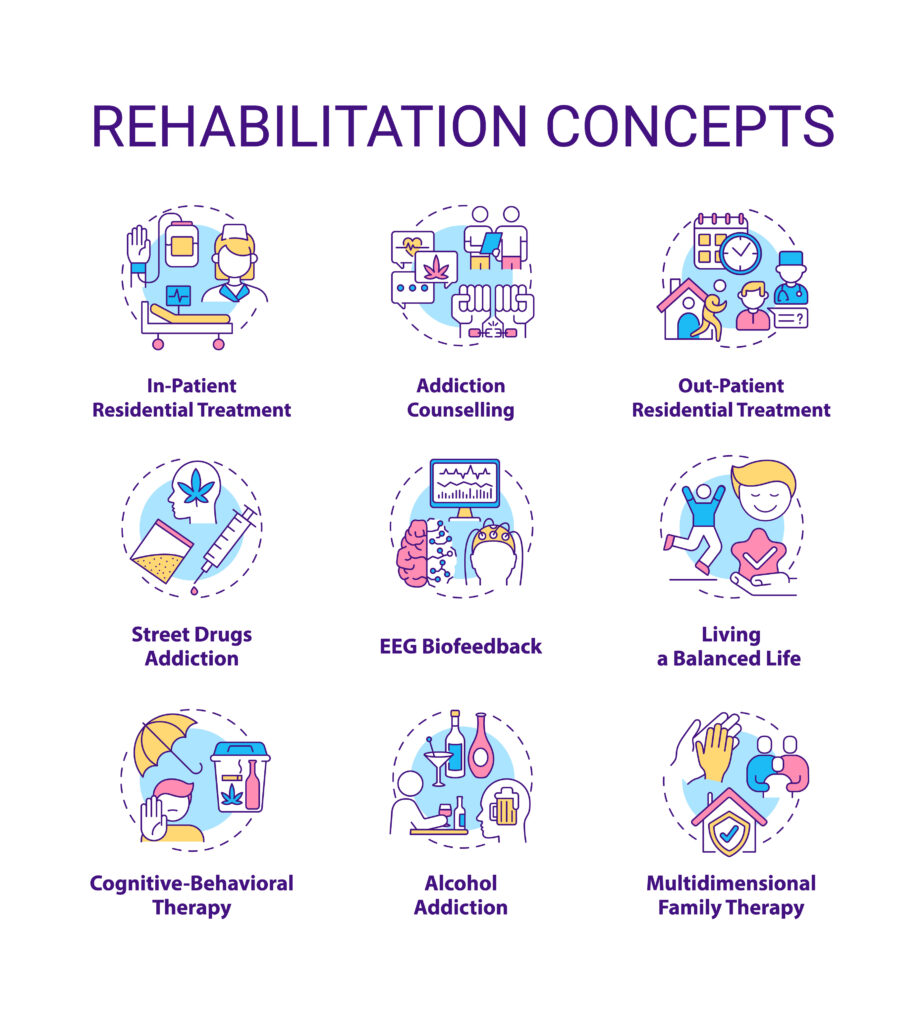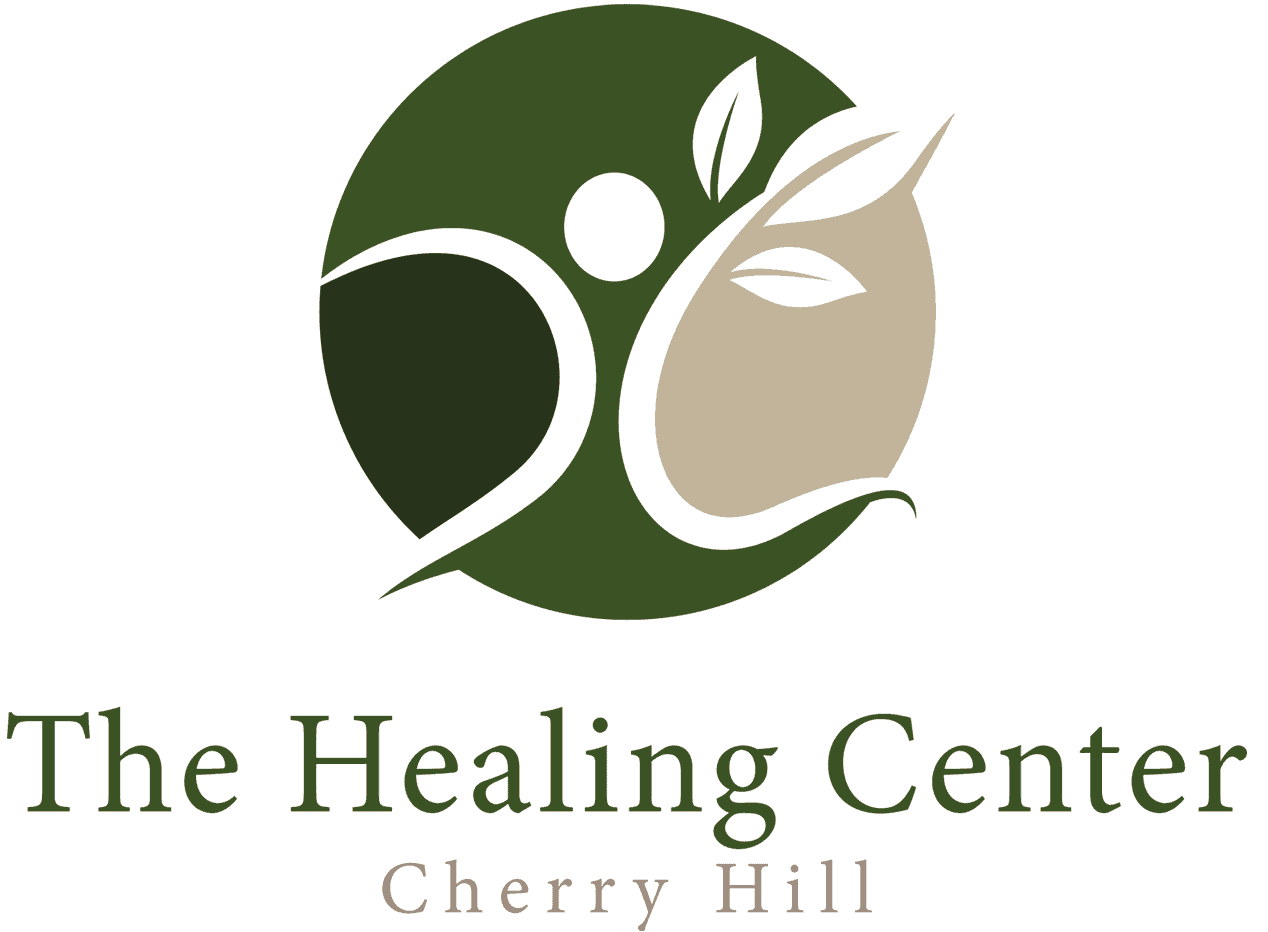Understanding the stages of recovery can be a transformative part of overcoming addiction. By recognizing the five essential recovery stages—precontemplation, contemplation, preparation, action, and maintenance—you gain a framework for navigating the complex journey from addiction towards health and well-being. This knowledge not only empowers you but also equips you with the insights needed to progress through each phase effectively.
In this article, we will delve into the intricacies of the stages of addiction recovery, providing a detailed exploration of each step. Addressing both the psychological and physiological elements of healing, we’ll cover how recovery stages intersect with the natural processes of wound healing, demonstrating the comprehensive pathway towards recovery. Each stage, from initial consideration to long-term maintenance, offers unique challenges and milestones, guiding you towards sustainable recovery and resilience.
Request a Confidential Callback
Stage 1: Precontemplation
In the precontemplation stage of recovery, individuals often do not recognize the negative impacts of their substance use. This initial phase is marked by a lack of readiness to change, where individuals might defend their behavior and focus on the perceived benefits of their substance use, rather than the harms. Many in this stage believe that recovery isn’t possible for them, often due to past unsuccessful attempts or a general lack of information about addiction.
Understanding Resistance and Denial
- Lack of Insight: Individuals may not see the negative consequences of their actions or may underestimate the severity of their situation.
- Defensiveness: Justifying behavior and substance use is common, as individuals are not yet open to discussing the need for change.
- Focus on Positive Effects: There is often a greater emphasis on the short-term benefits of substance use, like feeling good or fitting in, rather than long-term health risks.
Strategies for Engagement
- Establish Trust: Creating a non-judgmental, supportive environment is crucial for engagement.
- Respect Autonomy: Acknowledge the individual’s right to make decisions about their health and life.
- Information Sharing: Provide clear, factual information about the risks of substance use without making it seem accusatory.
- Elicit-Provide-Elicit Technique: Use this motivational strategy to discuss substance use openly and collaboratively.
Role of Family and Counselors
- Increase Awareness: Involve loved ones to help raise awareness about the risks associated with continued substance use.
- Build Rapport: Developing a strong, trusting relationship between the client and counselor can facilitate progress.
- Nonjudgmental Approach: Counselors should focus on understanding the individual’s perspective and reinforcing any positive intent toward recovery.
These approaches aim to gently guide individuals from precontemplation to a stage where they can contemplate the need for change, making it essential for both family members and professionals to be patient and persistent.


Stage 2: Contemplation
In the contemplation stage of recovery, you start to recognize both the advantages of becoming drug-free and the perceived benefits of your current substance use habits. This stage, crucial for your self-awareness, involves a deep internal conflict between continuing the addictive behavior and considering the possibility of change.
Awareness and Acknowledgment
- Recognition of Problems: You acknowledge the issues associated with your substance use.
- Understanding Impacts: You become aware of the negative consequences but still see the short-term benefits.
- Thinking About Change: The idea of modifying your behavior begins to take shape, although commitment to action is not yet made.
Emotional Landscape
- Anxiety and Excitement: You experience a mix of nervousness and anticipation about the possibility of change.
- Indecision: Struggling between the comfort of current habits and the uncertainty of change.
Influence of External Support
- Family members and treatment professionals play a critical role during this stage. They provide support and information without judgment, which can guide you towards the next steps in your recovery journey.
Transitioning Thoughts
- Shift in Focus: Your thoughts transition from past behavior to future possibilities.
- Openness to Intervention: You are more receptive to learning about treatment options and support systems.
This stage ends as you move towards a readiness to take concrete steps, setting the stage for active preparation and eventual action towards recovery.
Stage 3: Preparation
In the preparation stage of recovery, you’re setting the stage for actual change. This phase is characterized by a tangible sense of urgency and a commitment to actions that support recovery. Here, you might find yourself planning to join a gym, see a counselor, or even attempt to quit your addiction independently. It’s about making concrete plans and taking initial steps towards recovery.
Gathering Resources and Information
During this stage, you actively gather information about how to change your behavior. This might involve contacting rehabilitation centers to understand the available strategies and resources or exploring different support groups and treatment options. Preparation is not just about intentions but about informed actions.
Developing a Plan of Action
- Identify Necessary Changes: Determine the specific changes you need to make, such as attending counseling sessions or joining support groups like AA or NA.
- Resource Acquisition: Obtain necessary resources, which may include medical aids like nicotine patches for smokers.
- Eliminate Triggers: Remove items or avoid places that trigger your addictive behavior, such as ashtrays for smokers.
- Enlist Support: Inform close ones about your recovery plans to gain their support and accountability.
Committing to Recovery
At this stage, you’re not just thinking about recovery; you are committing to it. You might make promises to stay abstinent or plan your admission to a rehabilitation facility. Choosing a specific day to start can help transition you to the next stage of recovery.
Preparing for Change
Preparing for change involves more than just willpower; it requires strategy and support. Utilize motivational strategies to reinforce your commitment and ensure you have a solid plan in place. This preparation is crucial as it lays the groundwork for the successful implementation of your recovery plan.


What Happens In Rehab - The Admissions Process
In the action stage of recovery, you actively engage in modifying behaviors and maintaining prolonged periods of abstinence. This phase is where the groundwork laid in the preparation stage turns into concrete actions towards recovery. Here are the key components:
- Active Participation: You take deliberate steps to change your problematic behavior, fully engaging in the recovery process.
- Professional Help: Seeking and receiving professional help becomes crucial, as it provides the necessary support and guidance.
- Coping Strategies: Developing effective coping mechanisms to handle stress is vital to prevent relapse and continue progress.
Implementing Change Strategies
During the action stage, the focus is on implementing the strategies planned during the earlier stages. This includes:
- Experiential Processes: Engaging in activities that promote self-awareness and reevaluation of your environment and social interactions.
- Behavioral Processes: Adopting new behaviors through techniques like counter conditioning and reinforcement management that support your recovery goals.
Navigating Challenges and Embracing New Opportunities
While this stage can be stressful, it is also filled with excitement as new possibilities for a healthier lifestyle unfold. It’s a time of significant personal growth where you:
- Manage Emotions: Learning to handle negative thoughts and feelings effectively without resorting to old habits.
- Support and Education: Leverage the support and advice from healthcare providers and support groups to fortify your journey.
By actively engaging in these processes, you solidify your commitment to recovery, setting a robust foundation for the upcoming maintenance stage.
Stage 5: Maintenance
In the maintenance stage of recovery, your focus is on solidifying the positive changes you’ve made and avoiding relapse. This period can extend from six months up to five years, influenced by factors such as the severity of the addiction and personal circumstances. Here, you continue to apply the strategies and behaviors developed during the action stage, ensuring they become a permanent part of your lifestyle.
Key Components of the Maintenance Stage
- Ongoing Prevention of Relapse: Constant vigilance is necessary to prevent slipping back into old habits. This includes regular participation in support groups and possibly continuing therapy sessions to reinforce your commitment to recovery.
- Sustaining Lifestyle Changes: Maintaining the healthier choices made during the action stage, such as engaging in regular physical activity, managing stress effectively, and adhering to a healthy sleep schedule.
- Coping with Complacency: It’s crucial to recognize that feeling too comfortable or assuming that the recovery process is complete can lead to relapse. Continuous effort and mindfulness are essential to stay on track.
Strategies for Sustaining Recovery
- Engagement in Support Networks: Connecting with groups like 12-step programs or therapy sessions provides ongoing support and a platform to share experiences and challenges.
- Peer Support: Learning from others who have successfully maintained their recovery can offer valuable insights and motivation.
- Professional Guidance: Mental health practitioners play a critical role in providing the necessary support and resources to help you navigate the complexities of this stage.
By integrating these elements into your daily routine, you reinforce the new behaviors and ensure that the progress made during the earlier stages of recovery is preserved and built upon.

Get Help For Addiction In Cherry Hill, NJ
Navigating the journey from addiction to recovery demands understanding and engaging with each of the recovery stages: precontemplation, contemplation, preparation, action, and maintenance. These stages provide a structured framework that facilitates a deeper comprehension of the recovery process, highlighting the importance of individual commitment, external support, and professional guidance. By recognizing the challenges and milestones inherent in each phase, individuals are better equipped to progress towards sustainable recovery and resilience, reinforcing the significance of this structured path in overcoming addiction.
If you or someone you love is ready to take the first step in the stages of recovery, then contact our team. We provide premium and compassionate addiction and alcoholism rehab in Cherry Hill NJ and surrounding areas. Our team is here to help through every one of the stages of recovery. Get the help that you deserve and begin your journey of healing.







